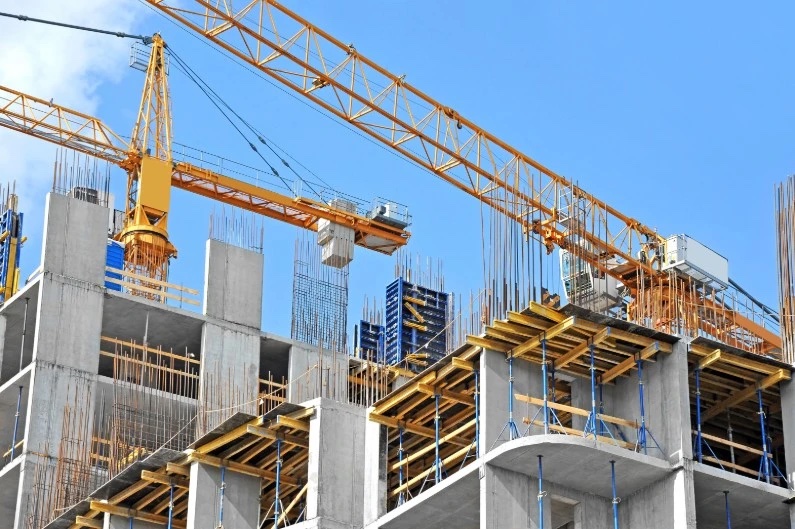Project Delays
A delay affects progress of the works. A critical path delay affects the date of practical completion. Delay may be distinguished from disruption, which affects the efficiency and progress of the works (such as the method of delivery) but not the date of practical completion. Usually only critical path delays result in a contractual right to an extension of time. For example, a one-day strike which stops a job would cause a delay. By contrast, an example of disruption costs might be the additional expenses and resources required when works are rescheduled.
Delays Caused by The Principal
Delay, variation and defect claims are the additional costs that may have been incurred by contractors as a result of a delay caused by the principal (the person hiring the contractor). These claims are often dealt with in the construction contract, which may provide remedies in circumstances where a delay has been caused directly by the principal. The contract may expressly and specifically envisage agreed damages or delay damages to be paid to the contractor (sometimes done by adjustment of the contract price) so as to compensate the contractor for losses incurred as a result of the delay.
Delays Not Caused by The Principal
Delays not caused by the principal are addressed separately. In many construction contracts, these are dealt with by allowing an extension of time to complete the construction works. It may be possible for the principal to claim liquidated damages for the delay in completion in a situation where the construction works are still not completed after the extension of time.
In circumstances where the contract fails to address delay/variation/defect damages or costs, it might be possible for the contractor to make a claim via court proceedings.
Compensable Delays
A compensable delay is one where there’s going to be some compensation involved for the delay to the project. That means that the owner or contractor is liable for an extension of time or cost compensation or both. The cost compensation is to account for damages or extra costs associated with the delay. A compensable delay will be a non-excusable delay.
Concurrent Delays
There are many moving parts between an owner and a contractor (and subcontractors or suppliers) on a construction project, and so sometimes a concurrent delay can occur. This type of schedule delay happens when two or more parties are at fault. The complexity here lies in determining to what extent each party contributed to the delay. There are some technical methods of analysing schedules that can assist in this determination. The overlapping of delays makes it difficult to analyse and factors like the duration of the delay, time of occurrence of the delay and float ownership have to be carefully considered in the technical analysis.
Conclusion
All delays in a Construction schedule can have an impact to the project, whether it be to the cost, to the schedule or to the reputation of those involved. To help determine who is at fault, scheduling experts have devised an entire field under the heading “Forensic Schedule Analysis”. An forensic schedule analyst is someone who can use forensic techniques to determine the root cause of the delay and to help assess responsibility.

